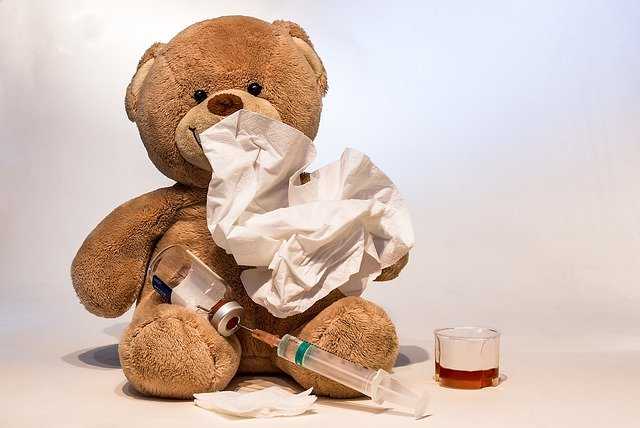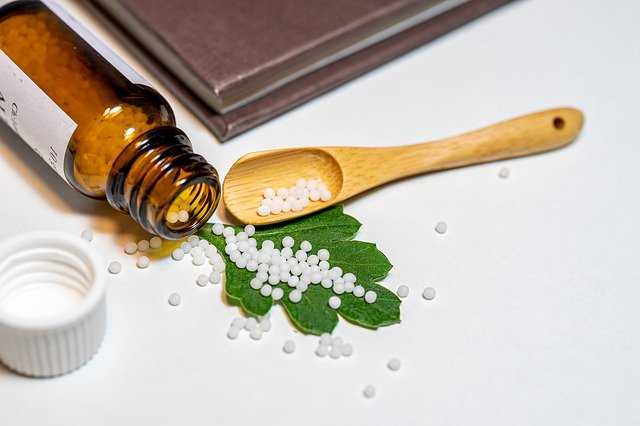
To ensure your animals are in good health, you need to pay more attention to what they consume. Their nutrition directly affects their health; how they grow, their immunity to disease, how fast they heal, as well as how much energy they have.
Hence, you need to have a plan; the appropriate feeding plan that’ll ensure that animals are eating what they should, at the right time, in the right amount. This will contribute to their body system running optionally, and ultimately aid their growth. We discuss some nutritional tips for animal health product development.
Take Note Of Their Weight And Body Condition Score (BCS)

One thing you should take note of is the body weight of the animals. Record the weights consistently for each animal daily. If you notice some of them being extremely thin, or have a significant increase in weight (obese), make them see the veterinarian.
Daily recording of the weight and BCS of each animal will help you find out the nutritional requirement of each. Depending on age, health status, and activity, different animals have different nutritional requirements. In fact, animal feed is distinguished based on the factors listed; since each feed contains a different amount of calories.
Serve Animals With Stainless Steel Bowls Or Disposable Paper Food Trays

Using flat bottom stainless steel bowls or disposable paper food trays ensure that you get to use a new container to feed the animals when they need to feed daily. Learn to remove leftover food and get rid of the paper trays.
You’ll do well to provide clean water at all times, except if medically advised otherwise, as this aids their digestion. Change the water daily, and even more so when it gets dirty. You should take note of what each animal eats, drinks, and excretes daily. Ensure that all animals have equal access to food and water.
Try Not To Waste Food
Sometimes, animals waste a high percentage of the food served while trying to eat them. Pigs are good examples of this. Instead of leaving the feed lying around, and eventually rotting, you should instead clean the mess out. Since the animals will not go back to eat them, you may as well clean them out daily.
If you’re the type that feeds animals on the ground, then you engage in a big form of feed wastage. It is even more wasteful if you do so near water. So, utilise available animal feed to the maximum.
Conclusion
To maintain the optimal animal health and keep animals growing well, you need to take note of their nutrition. Their nutrition directly affects many other aspects of the animal life, hence why it is considered important. We discuss some nutritional tips for animal health product development.





